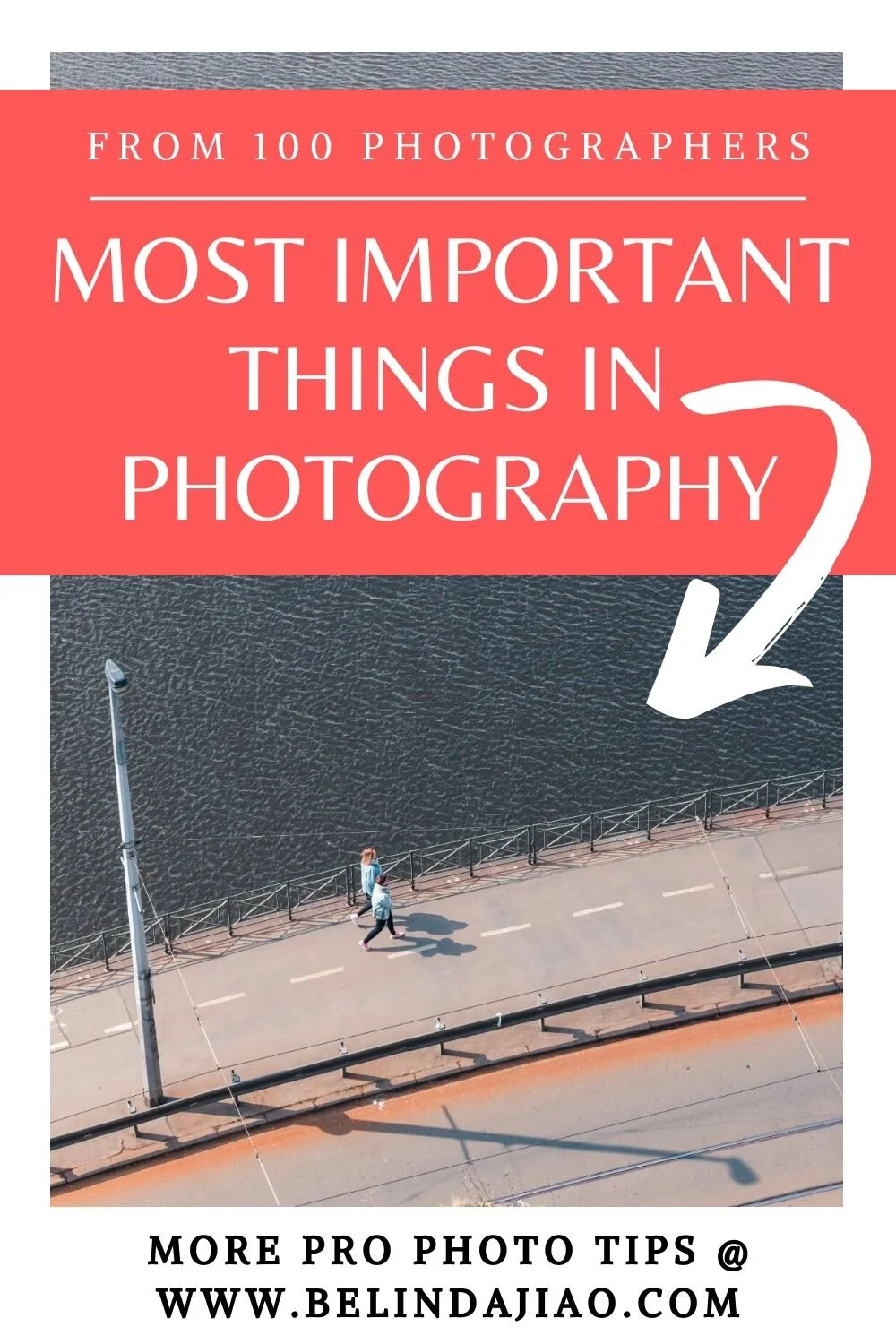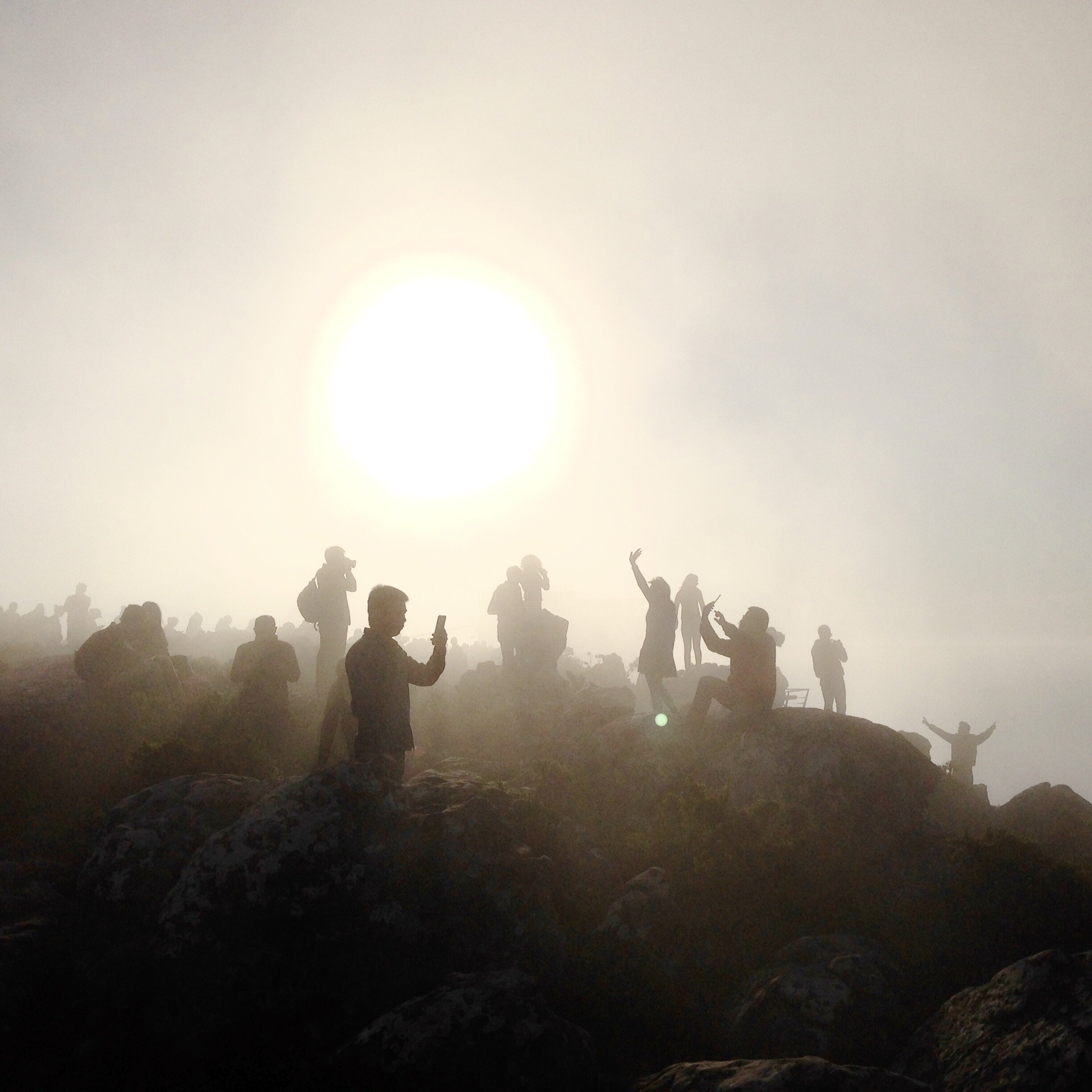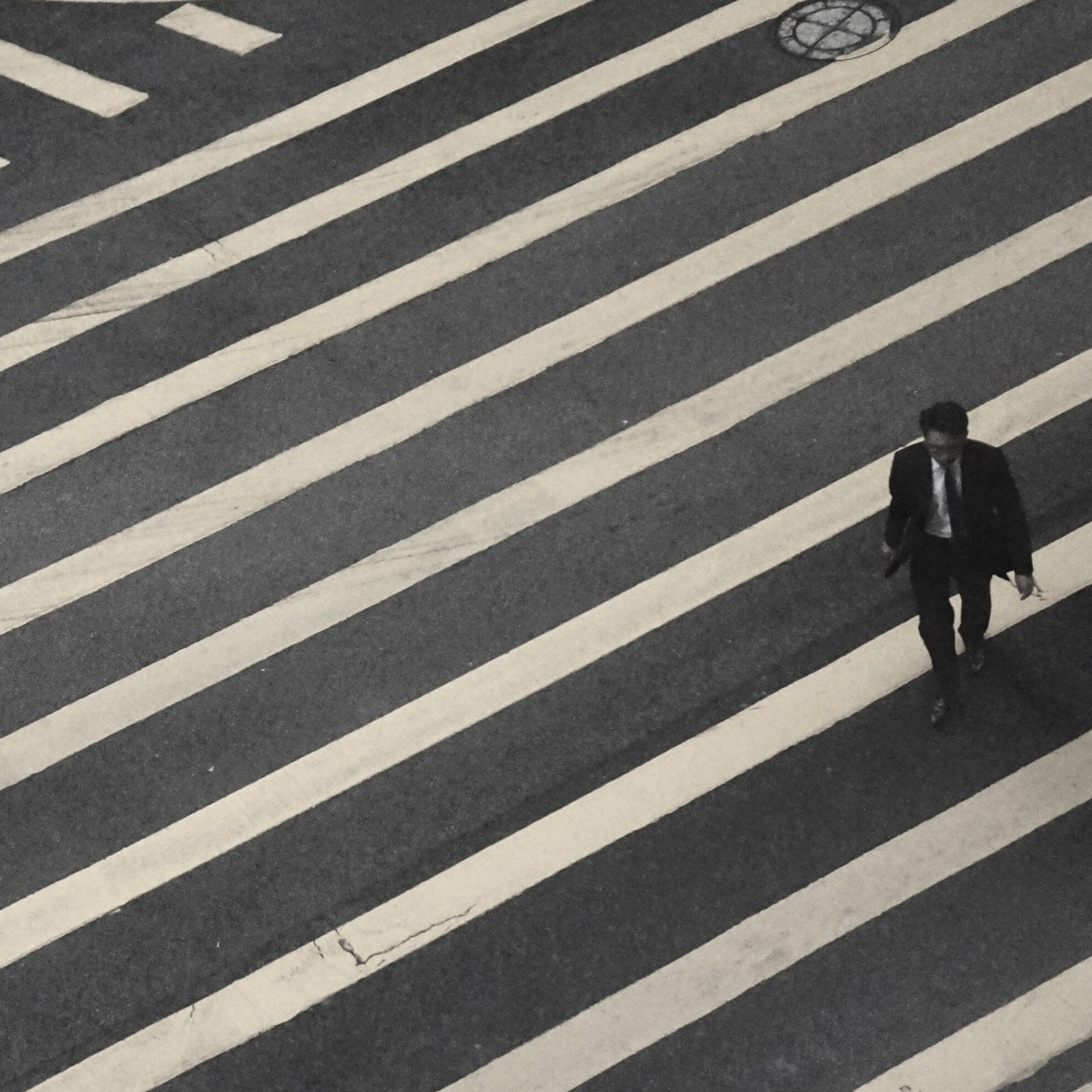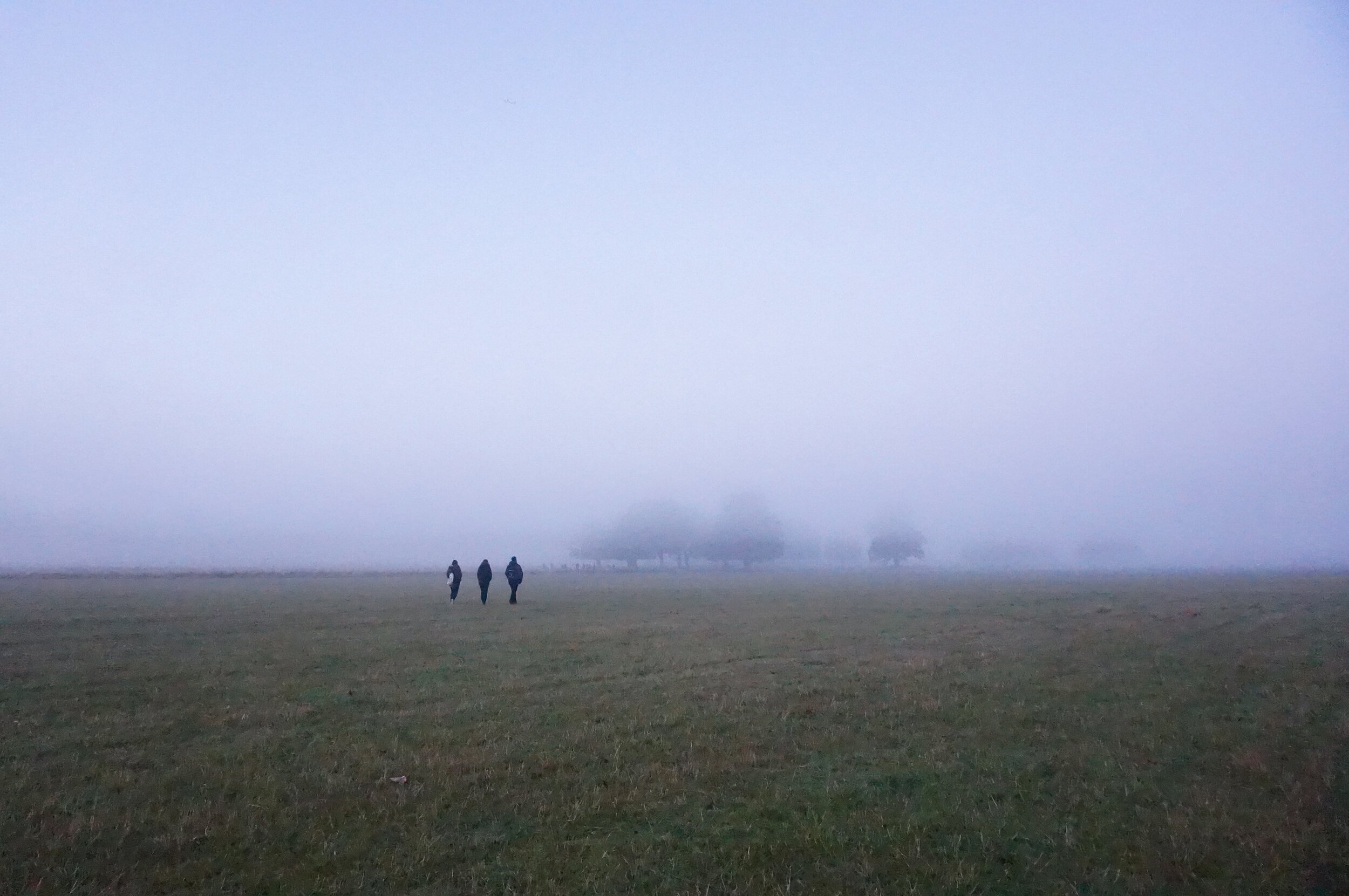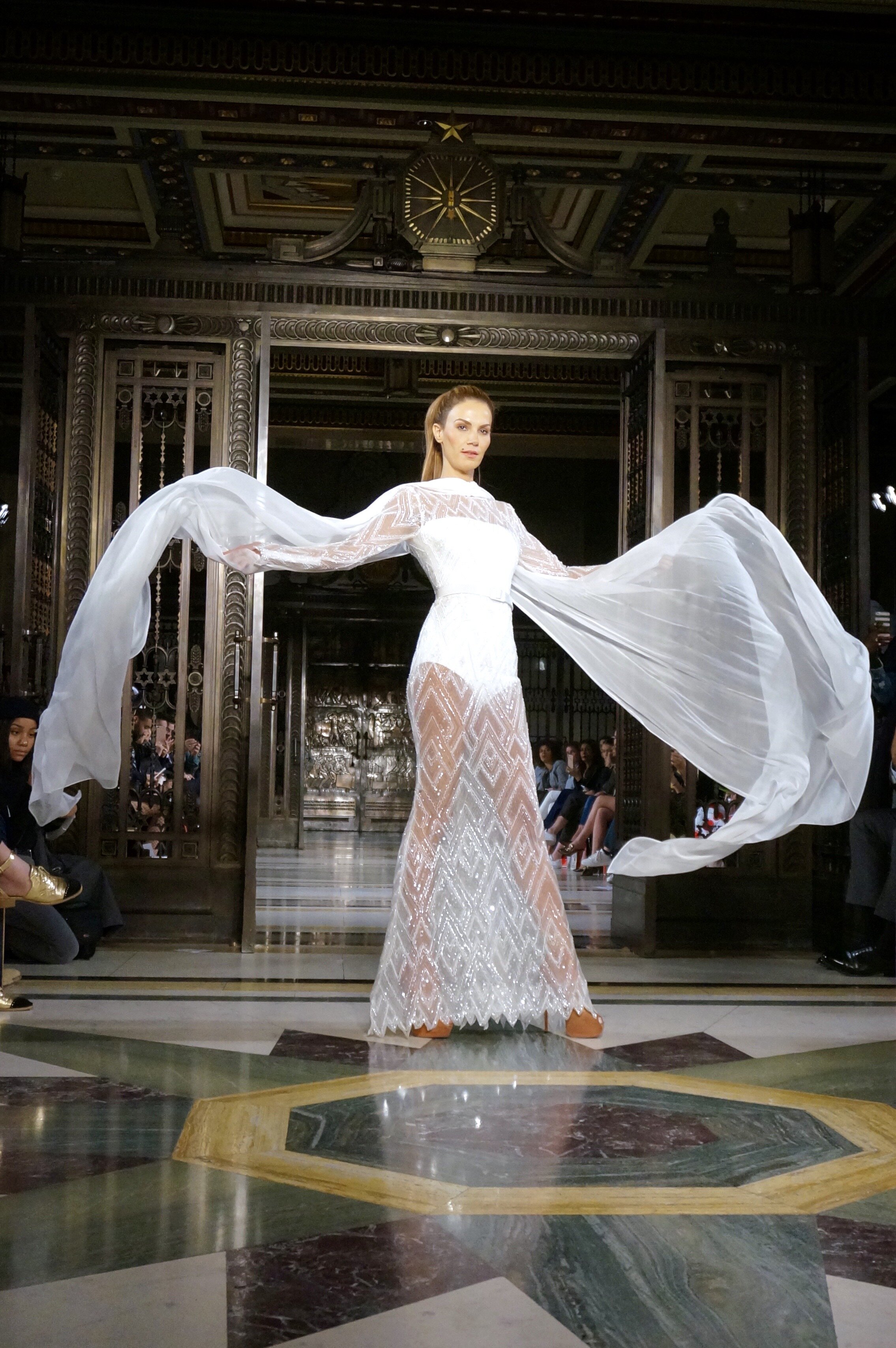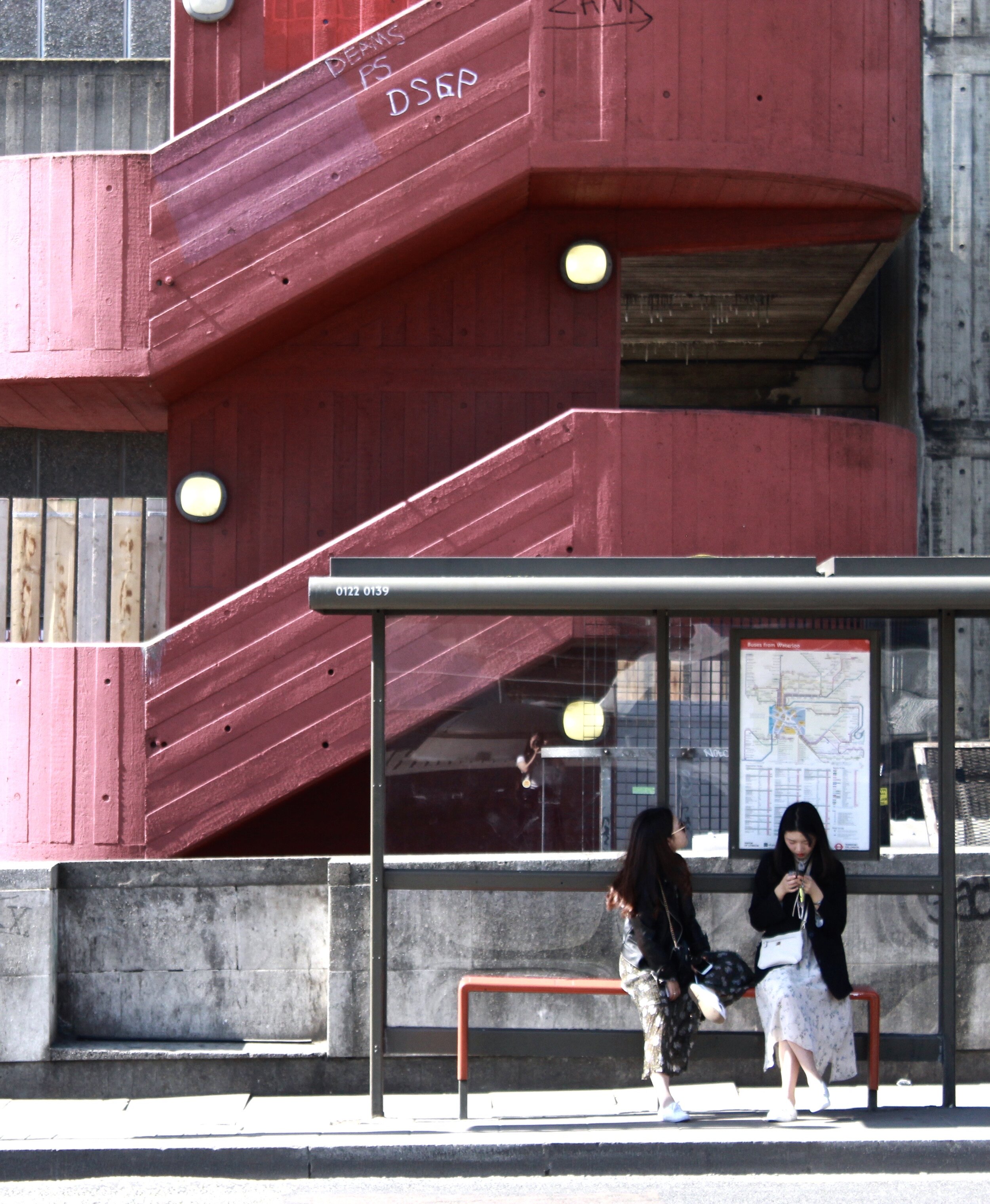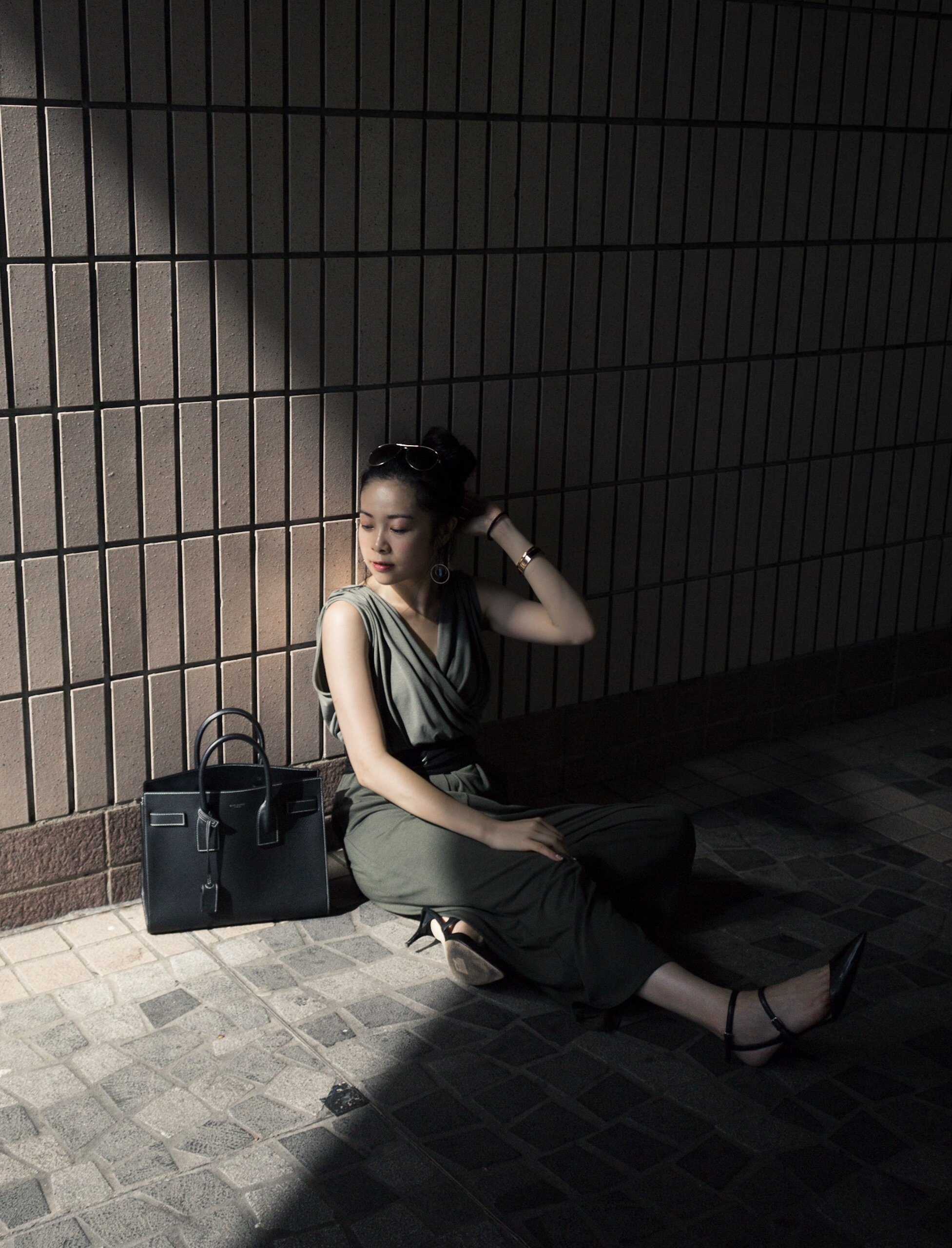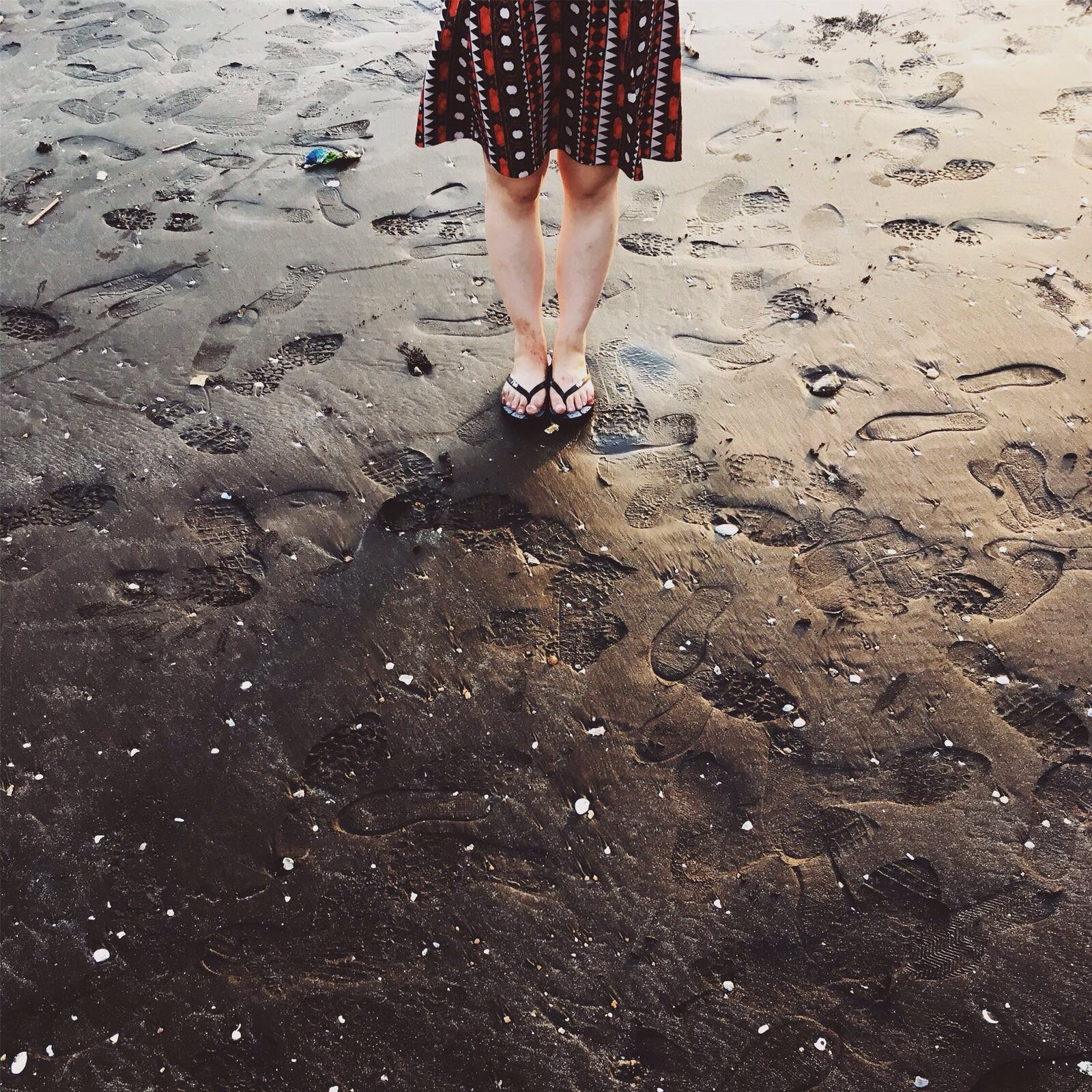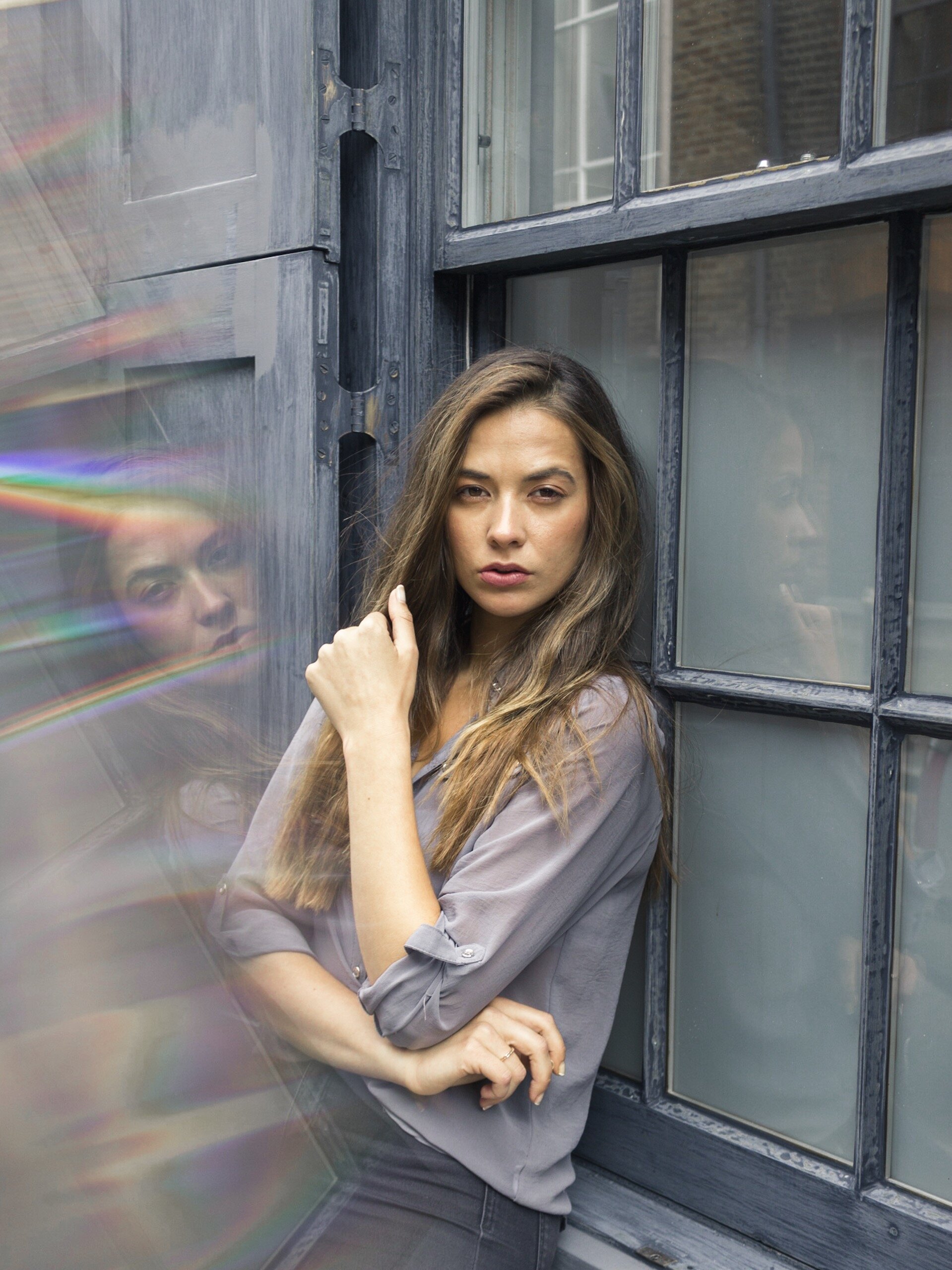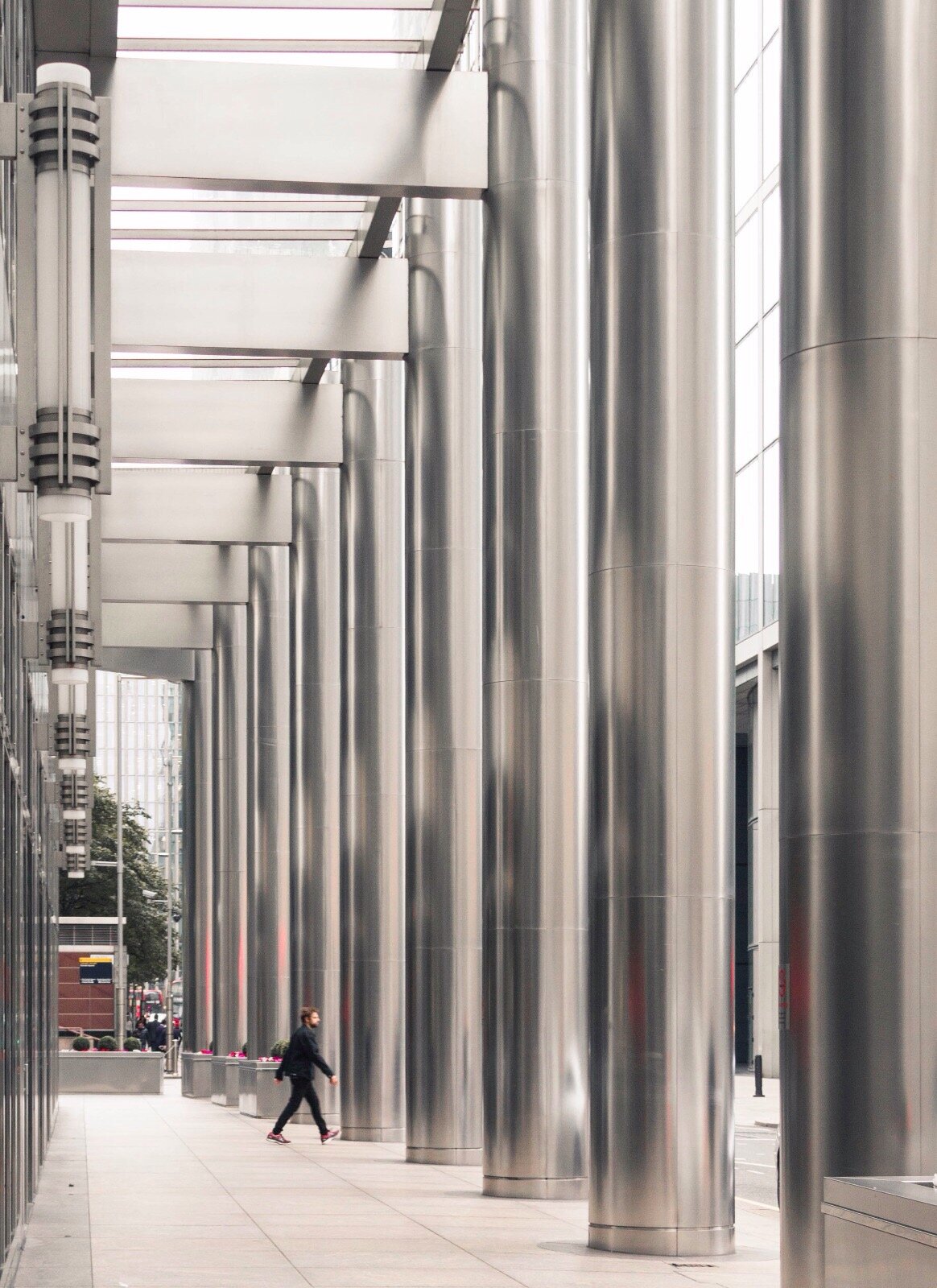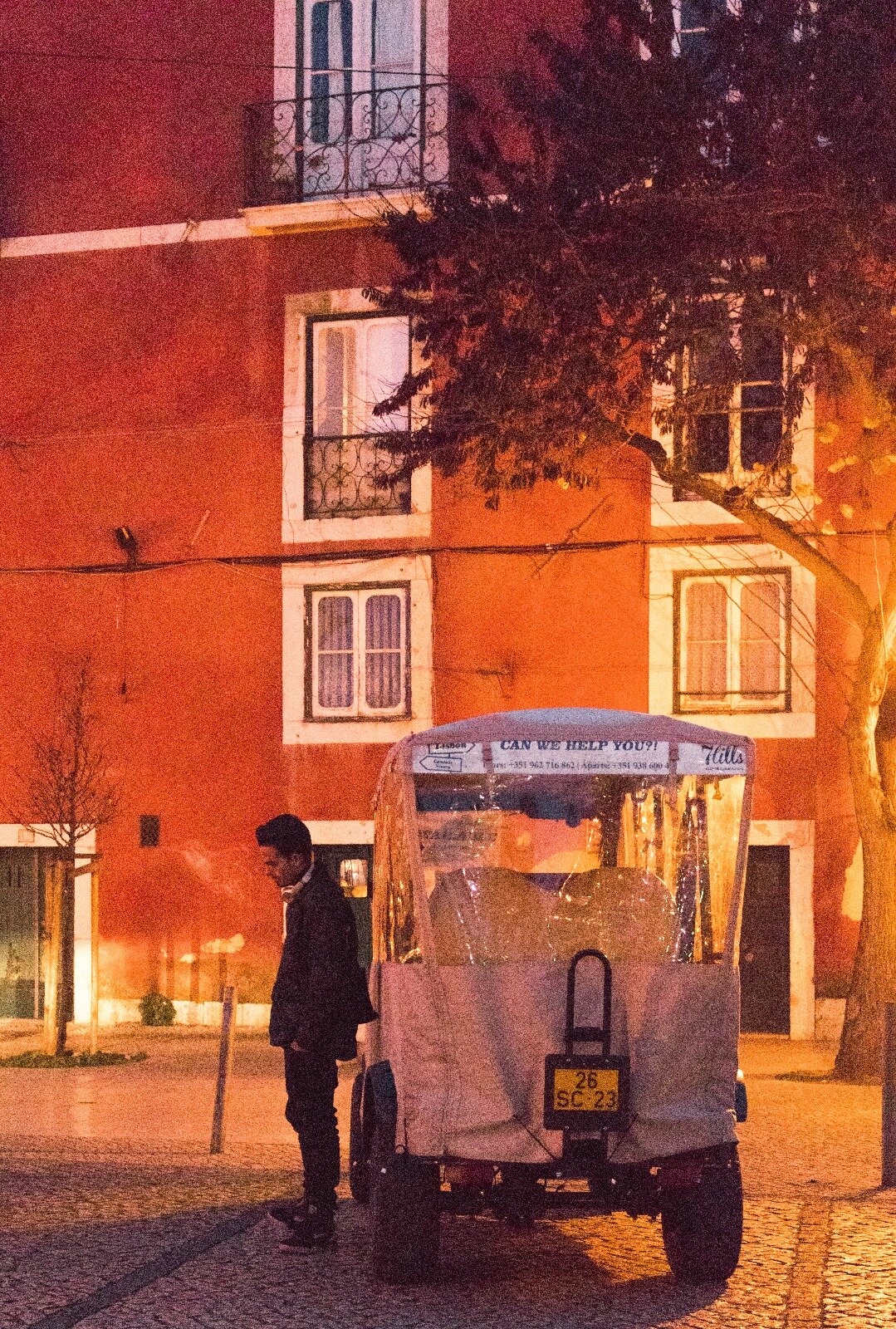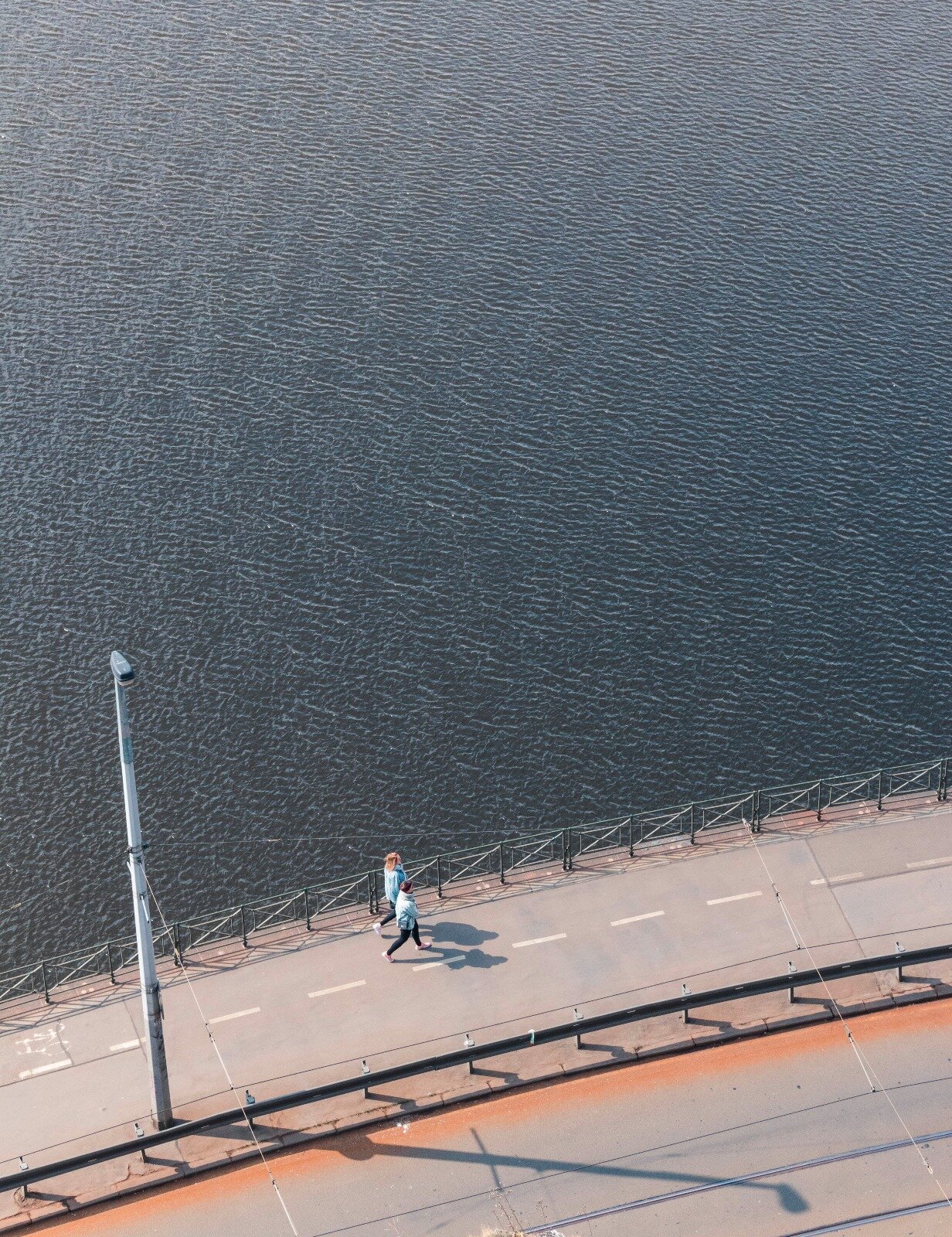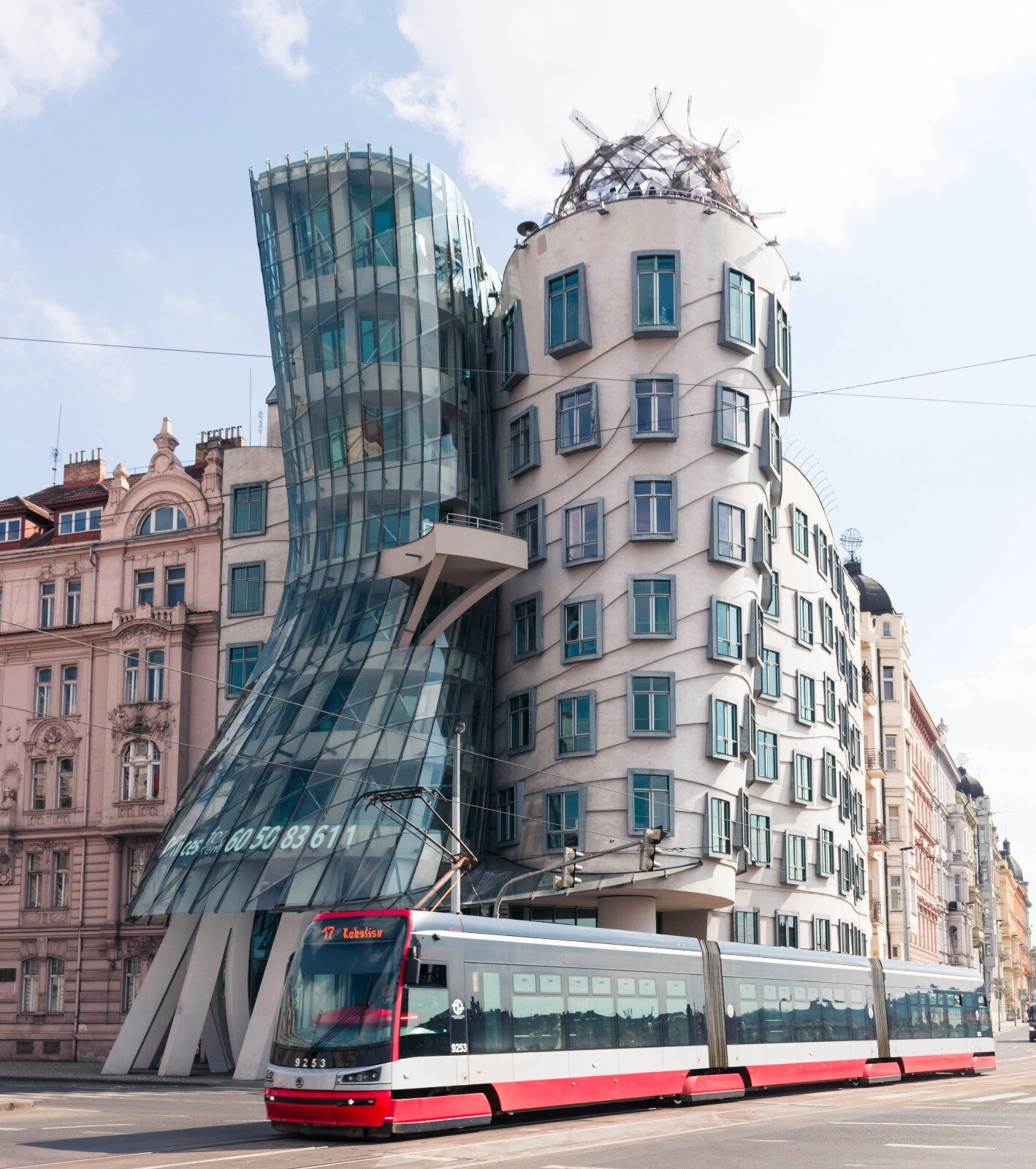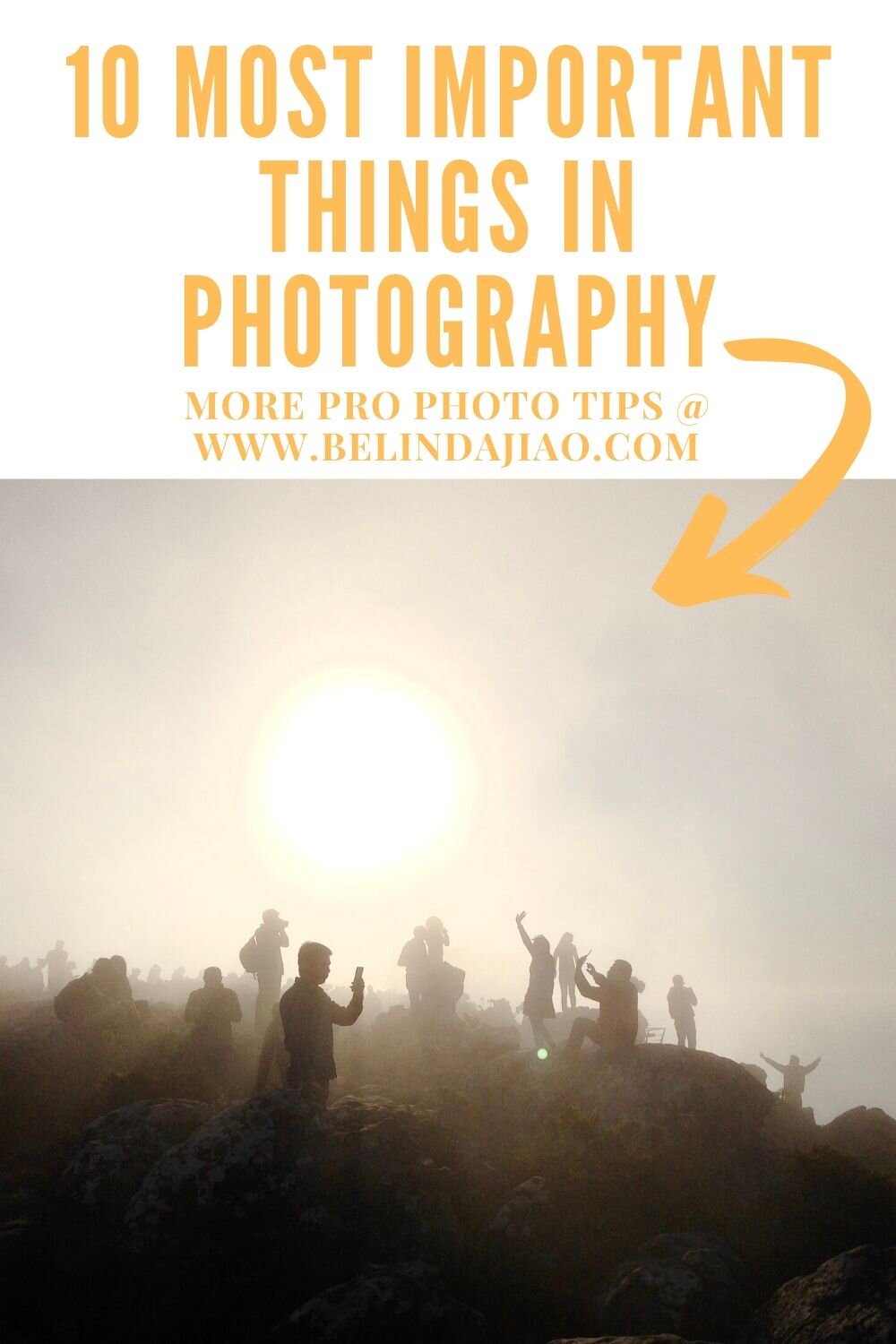There are so many things to learn and work on in photography that it can get overwhelming when you begin.
Recently, I did a survey on various Facebook photography groups and collected a list of most important things to know about photography, contributed by 100+ photographers.
Here is the consolidated list of the critical things that the photography community generally thinks are must-know for beginners.
To keep all the valuable ideas organised, the 10 top most important tips are put into two buckets, about:
Mindset and Philosophy
Camera Gear and Techniques, and
In terms of mindset, most photographers agree on the importance of patience, passion, speaking up, presence and being original.
In terms of techniques and gear, it is vital that you have an organised backup system in place; always make ready your gear for the next shoot; learn to use manual exposure; master the art of waiting, and pick your colour palette.
If you find this helpful, SUBSCRIBE to my channel via the box on the left to make the most out of my blog! Also, do share it with people who might be interested. Shoot me an email/ DM to share your thoughts too.
Also, Pin this article to your Photography Inspiration/ Techniques boards in Pinterest if you find it helpful!
Most Important Mindsets & Philosophies in Photography
Have Decades of Patience
This was contributed by Rolando Ruiz, Rachel Terry, Senthil Kumaran, Peter Zimmermann and others.
I understand that you want to be good at photography fast.
But ironically, you will get there even quicker if you realise that there are no short-cuts to goals that are worth pursuing.
Time after time, I have seen photographers try to jump the queue and look for a quick solution to a question. For instance, they ask questions like, ‘how do I edit like [photographer x]?’, or ‘what is this filter?’.
The odds are, having these questions answered does not make you a substantially better photographer.
Photography, as any other form of art, takes time to master.
Be at peace with your progress, however slow it may be, because your journey is precisely what enables you to tell captivating stories as a photographer. Having a unique voice adds so much personality to your work.
And most importantly, that takes time. We are not talking years, but decades.
Social media does play a role here, in leading many beginner photographers to compare themselves with those who have massive followings and produce incredible work.
Please don’t let the glam on the surface fool you into thinking your seemingly sluggish progress is pathetic. For this reason, I am more than happy to put myself out there, to show you how I have progressed throughout my 8 years of photography.
Reality check - How Great is your Passion?
This was contributed by Vishal Shenoy, Adam Abdul Rahman, Dina Noricks, Genica Paynado Valencia, Are Jay and others.
Will you still want to do it if you knew that for the rest of your photography journey, you are not going earn a dime and no one will know you as a photographer?
It follows from the previous point, that over-night mastery was a fairytale, that you need an incredible amount of passion to fuel you through.
Another reason why this is so, is because the world is saturated with great work. The world doesn’t need any more photographers!
Therefore, for a very long time, it will feel as if no one really cares about your work; no one takes your work seriously enough to get you hired as a photographer.
It is important that you understand this hard truth early on in your photography career, because it sets you up for great things in the long haul.
Acknowledge that creating out of a desire for fame, money, or recognition rarely ends well. Rather, these things come because other see the unwavering passion for photography in you.
Here is a short podcast from LensWork, which would help you reflect on what photography means to you.
Never too Early to Speak Up
You might think that you don’t know enough to talk about photography.
Of course, you should be responsible for what you say and not spread false information.
But the truth is, the more you participate in giving opinion and just putting yourself out there, like what I am doing now by writing this blog post, the faster you learn.
The very cliche saying of ‘being yourself’ is not exactly good advice in the context of photography, because there are no rules in photography, but at the same time, there are. You will resonate with this paradoxical sentence if you have hung in there for long enough.
But since you must know something about photography, there is something you can share.
You can easily start by putting your shots on Instagram or Facebook photography groups, and write in the caption how you took the photo. Why did you take it? Why did you choose this photo out of the rest?
Here is an example from my Instagram.
I sometimes do write tutorials and tips that I am confident would work for others.
But you don’t have to teach if you are not comfortable with that now.
Just write your thoughts; people do read them, and no one knows your style better than you do.
And the reason this is gets listed as one of the most important things is that it gets you to constantly reflect on your work.
You are engaging yourself in the process of thinking about what went well, and what didn’t.
You will also get a clearer idea of what your working style is and what direction you might want to head.
These things are incredibly important to think about.
F.8 and Be There
This was contributed by Daniel Sörebrandt.
This is a famous quote from the documentary photographer Arthur Fellig, also known as Weegee.
In this short phrase was packed an incredible amount of wisdom.
Why F.8 but not other F stops warrants another discussion on its own. But the main idea here is that you should get your settings done asap and stop worrying about them.
Get over the technical things, and focus on the more important - being present at the scene and shoot with intention.
Picture-worthy moments are fleeting, that’s why we want our techniques to help us capture those precious split seconds. But if dealing with your settings prevent you from doing so, then it totally defeats the point.
I must make a disclaimer though, that this attitude might not apply to all genres of photography. Especially when shooting for a commercial client, the product shots have to be technically flawless.
But for a vast majority of assignments that has more of a story-telling aspect to it, this adage generally is good advice.
It is not to say that techniques are not important, but here are some examples of work that are probably flawed technically, but are nevertheless some of the best photographs ever shot.
Here and there we see some motion blur and out of focus areas.
But these flaws become so minute compared to what these images have to say.
Therefore, one of the most important things to remember about photography is that the substance is what really matters.
Techniques are just there to help you convey a message.
So once the settings are reasonably sound, forget about it and focus on the moment.
Incorporate, not Copy
This was contributed by Phil Bekker, Shivakumar Ayyapla Revanasiddappa, Gururaj Ganiga, Pernille Dalberg Toft Jensen, Janička Kaamil, Carolina Hayag Malicdem, Rafael Martins, Pradeep Reddy, Nicola Thompson and others.
When you study photography, you naturally gravitate towards some established photographers.
It is absolutely essential that you learn from the best, at least that is something I advocate a lot.
But being influenced by their works is different from being their shadow.
What is copying has a rather loose definition, and it largely depends on your intent.
It is therefore very important that you be honest with yourself, because no one is going to catch you out for copying concepts and styles.
To establish your own voice in the massive sea of photographers, learn to differentiate incorporating ideas and elements into your own work, vs outright copy and pasting.
Most Important Camera & Technique Tips in Photography
Create a Robust Backup System
This was contributed by John Finnerty.
I cannot stress the importance of having everything backed up.
Some professional photographers even go as far as backing everything up for 3 times.
This might sound shocking to anyone who is just starting out. But if you don’t back things up, issues will occur once you start to get serious about photography.
I found myself importing heaps of raw files into my computer daily and editing heavily on Lightroom and Photoshop.
Guess what? My computer has become a terrible wreck - storage 90% full, battery life of 1 minute.
It doesn’t take a genius to realise that you can’t count on your computer 100% to handle such a large volume of data.
Even if you do your best to delete shots that you don’t need, eventually they will pile up. And you don’t really know if you will want to revisit these photos sometime in the future, say, for entering into a competition.
Therefore, any photographer will tell you to get a backup system, if not two.
Personally I use the WD Passport from Amazon. I put all my raws, my JPGs, my Mp4s into this disc.
If you are starting to think more seriously about photography, keep in mind this important habit of backing up. It will enable you to sleep at night not worrying about losing photos you shot for a client, or an important project!
Get Ready 24/7
This was contributed by Mercer England.
One of the most amazing things about photography, is that you don’t really know when is your next shoot, or when is the next perfect picture happening.
You see, making the perfect photo is the product of making a series of good decisions - taking the right camera, pairing it with the right lens, going out at the right time, to the right place, catching the right composition etc.
The list goes on and on. A great photography is created when a lot of good decisions are made.
Therefore, always take away things that limit your ability to make such decisions.
This might mean the following things:
Batteries: Fully charge them once you get home from a photoshoot. Photography is a very spontaneous thing and you can’t possibly know when is the next time you want to shoot.
SD cards: Clear them, unload everything onto your storage right after every shoot. Buy and bring 2 extra cards in your camera bag. Again, you can’t possibly know what to expect for a shoot. You might just shoot more pictures than you intended and you don’t want to miss out because your card is full.
Clean your gear: Get yourself a cleaning kit from Amazon for your gear and clean it every other week. Shooting with lenses or sensors that has dust on them will produce unfocused images. It is a terrible situation to be in where you shot pictures that would otherwise be stellar if not for the blurriness.
This this all sounds very basic. But it is appalling how a lot of photographers can’t be bothered to take care of these basic things, which also happen to be the most important.
Learn Manual Exposure
This was contributed by Michael Baltierra, Farrukh Sohail and others.
This is indeed one of the most important skills to learn in photography because it significantly widens your capabilities as a photographer.
I feel like I have been harping on this over and over again. Here are some articles I wrote earlier on, about the whys, hows and whats of shooing on manual exposure.
How to shoot street photography on manual, and what does it involve
Why shooting Auto ISO is rarely a good idea, and what you should do
To recap, some of the most important concept here is the exposure triangle, which consists of shutter speed, aperture, and ISO.
Get this basic skill out of the way, and you will greatly improve your versatility as a photographer.
Master the Art of Waiting
This was contributed by Matthias Schenek, Renee Meyer, Jane Ostrenga, and Clark Francis Aplasca Loyola.
When on a shoot, we often feel lost in time. Of course, photography itself can be very therapeutic.
But I suspect that the real reason to account for this is the fact that 90% of the time is spent on waiting.
No matter what type of photography you do, waiting is almost always going to get you the better shot.
“If you wait, people will forget your camera and the soul will drift up into view.”
Here are some examples of what waiting would look like in various genres of photography.
Landscape: waiting for the clouds to turn red after the sun has set
Street: waiting for an interesting subject to move to complete a composition
Events: waiting for the widest grin on a participant’s face
Portraits: waiting for your subject’s candid movement that truly tells their story
Across many genres, waiting is arguably the most important things in getting the best shot.
Here is an example of what I typically do in a street shoot in Hong Kong.
It was sunset time and I noticed that the sun was casting a shadow nicely on the wall. I just needed a passersby with the right outfit and right gait to walk into the right part of the frame.
This was just part of the process. As you can see, you likely have to wait for some time before you get the shot you want.
Based on the metadata, all the shots were taken across a span of 3 minutes.
There is a subtle balance as to what is stubborn vs necessary in waiting. Generally with street shots, 5 minutes is the max time I would allow for a spot that I see.
Therefore, to get a better shot, waiting is one of the most important skills that has to be learnt.
Pick your Colour & Tones
What this involves is essentially picking out colours that you want to accentuate, and muting the ones that you find distracting.
There are no hard-and-fast rules when it comes to colour theory, though there are conventions about certain colours conveying particular emotions, and certain combinations working well together.
How exactly you pick your tones and what exactly you pick is something entirely up to you.
But the bottom line is, photography at its finest will involve defining a palette of consistent colours and tones.
So rather than having all the colours blasting loudly in your photo, be intentional about emphasising a few.
‘Less is more’ is an important adage to live by when it comes to colours.
Here are examples of what it means practically, citing articles I wrote about colour in photography:
Planning: Pick a location with the right colours matching your model’s outfit.
Editing: Select and enhance the dominant colours in Photoshop
Summary
In this article, we talked about 10 most important things about photography. Mindset-wise, do these things:
Have decades of patience,
Realty check on passion,
Speak up,
F.8 and be there, and
Incorporate and not copy.
Camera and technique-wise, do these things":
Create a robust backup system,
Get ready 24/7,
Learn manual exposure,
Master the art of waiting, and
Pick your colour palette.
More sharing coming soon!
SUBSCRIBE via the box on the left for more PRO tips, and follow me on Instagram (@_bjiao__) and let me know what you think in the comments!
Share this article on Pinterest too!
Keep shooting, keep creating!
The mission of this blog is to provide the best insider information in the photography industry, as openly as possible. You have direct access to my
first-person experience as an aspiring photographer who talks, but also works.
Honest opinion are rarely available as public resources because this is a competitive industry. Huge sums are made when such information is delivered in the form of mentorship and workshops.
This blog is a great way in which I cover my daily expenses, but also provide real value.
If you have learnt something that would be worth at least $10, please consider donating to the page. This enables me to keep creating content and helping more people sustainably.
Your continued support for the blog is appreciated!

